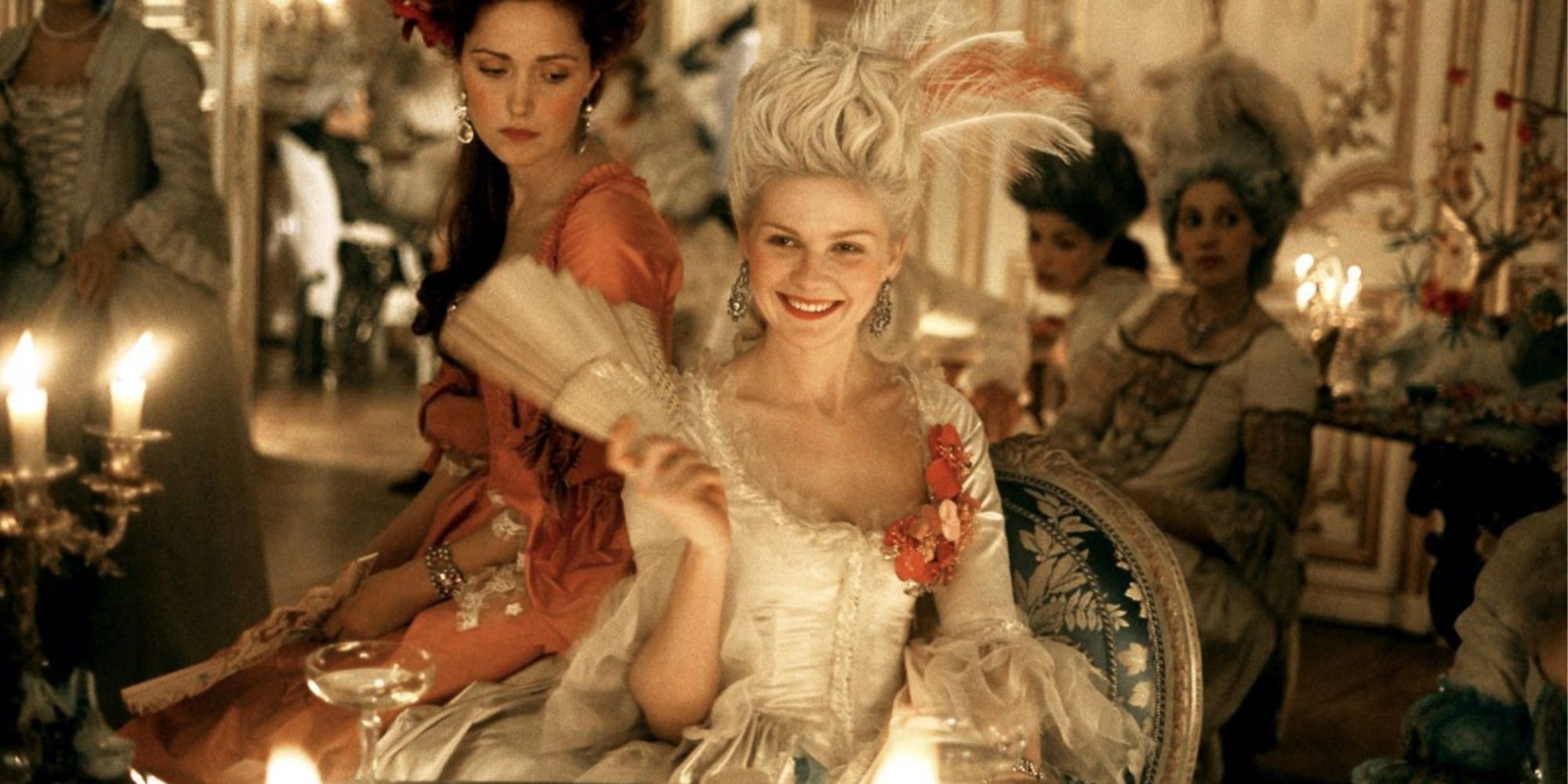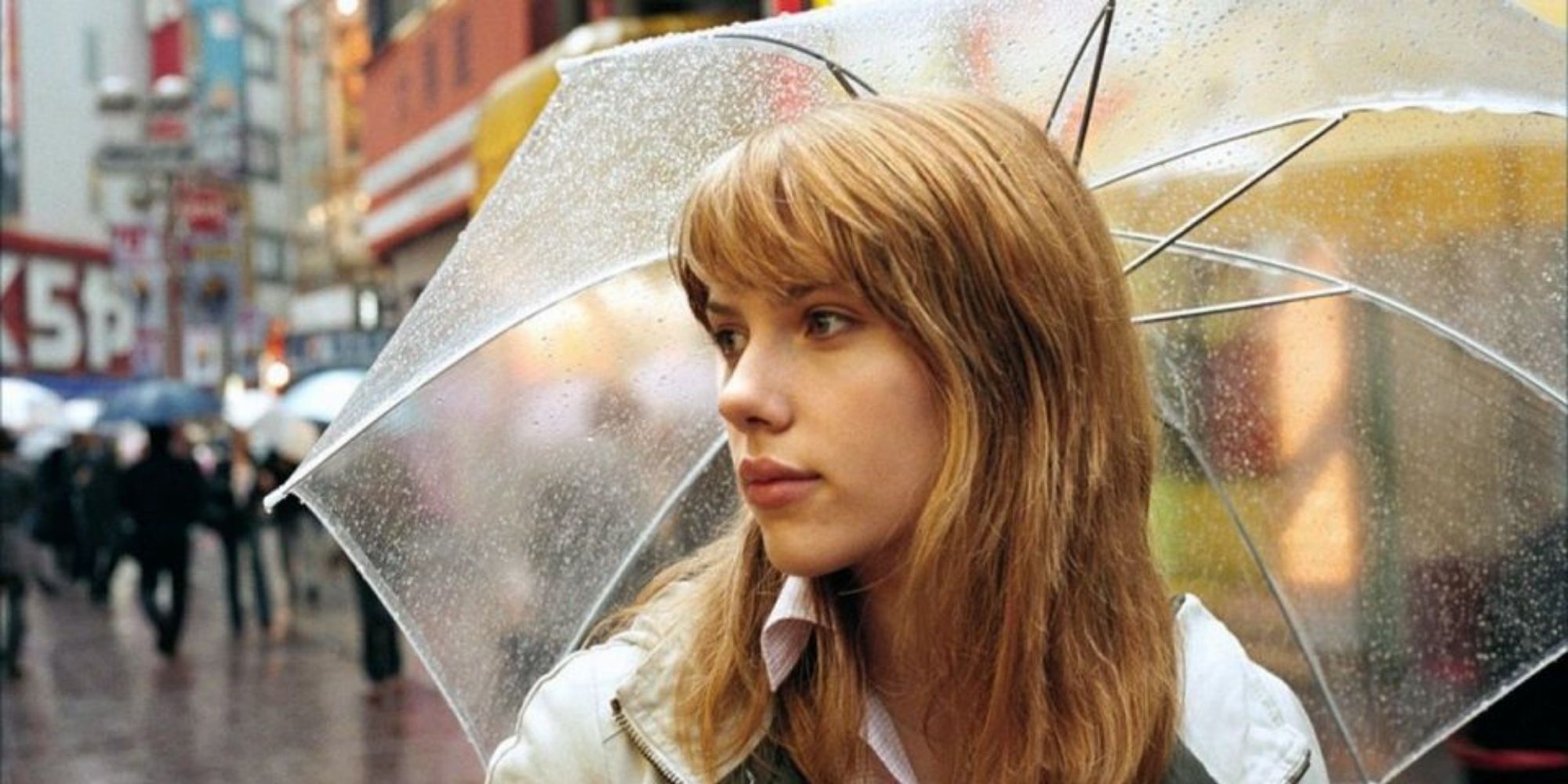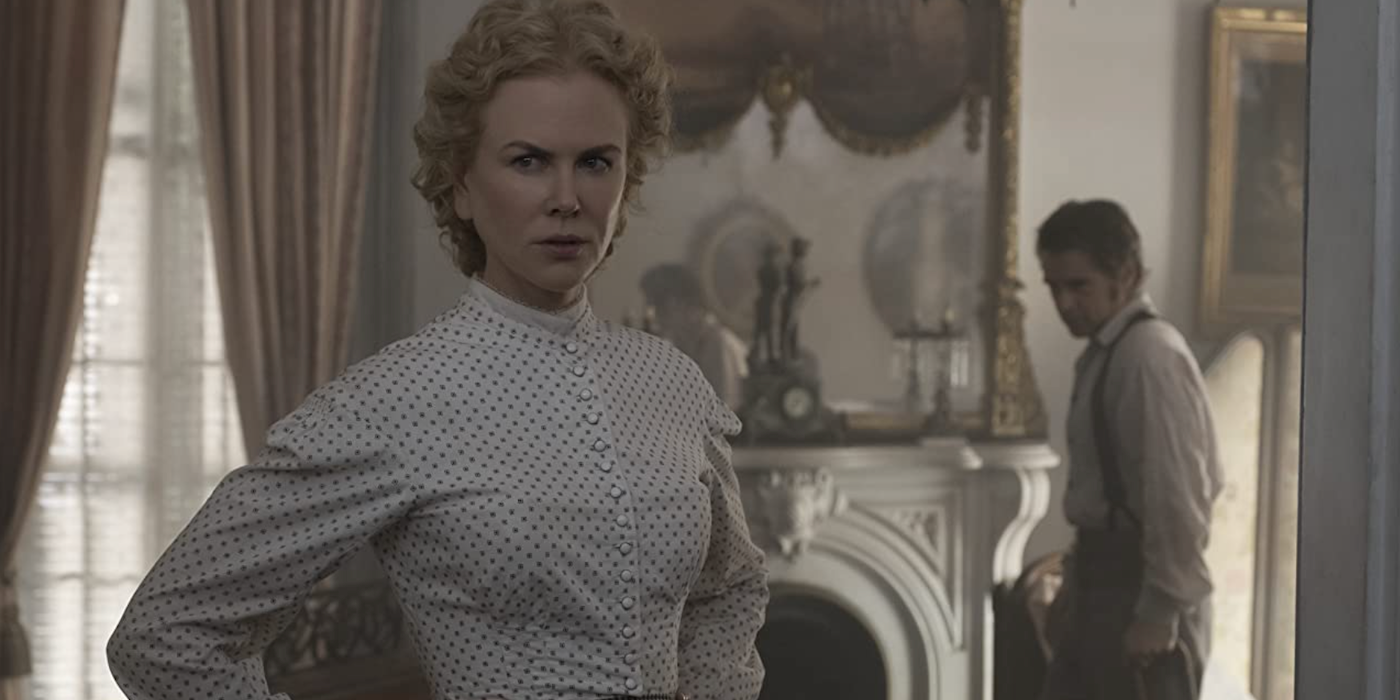Everyone has a story to tell. Everyone has their own crosses to carry. Everyone wants to be found. But very few have the luxury of having a way to tell their own stories and make themselves known to the world. Sofia Coppola is one of those very lucky people called filmmakers, who have the vision and creativity to tell their stories in a visually engaging way that we, mere mortals, only get to enjoy, but never make ourselves. While she has made movies that deal with universal topics of our time, from her first success Lost in Translation to her most recent, On The Rocks, her works are also deeply personal pieces - which adds a very interesting layer to her whole career.
Being the daughter of one of the greatest filmmakers of all time must not have been easy. We all entertain the thought of just going with what our parents say, or we feel like we are supposed to live up to what they want for us, but just imagine how that was probably like for a child of Francis Ford Coppola. While his heirs have never mentioned being pressured to follow a specific career, when you are part of Hollywood royalty it's hard not to naturally gravitate towards the world of movies. It's all just too close. Sofia and her siblings had to grow up following her family wherever her father's career led them at that particular moment, as documented in the excellent documentary Hearts of Darkness: The Apocalypse of a Filmmaker, about the making of Apocalypse Now. This, along with the fact that she was the only girl in her generation of the Coppola family and her great taste for music, are the defining traits of her vision as a filmmaker.
Sofia Coppola's first artistic effort is often regarded as one of her most dark, but it already showed her promise. In The Virgin Suicides, her now-iconic aesthetic is front and center; the most important aspect to be seen. The pastel color palette leans into the girly and feminine themes, establishing a visual style that will become synonymous with her own identity as a debuting filmmaker – not "Francis Ford Coppola's daughter." As bleak as it may seem, the narrative also brings about the subject of loneliness and feminine isolation, something she had to endure herself while growing up in the shadow of strong presences. In the end, the Lisbon girls were rebellious in nature, something only Sofia could've portrayed so accurately.
This rebellion is something present in her next three films as well, all of which make for an inadvertent autobiographical trilogy, with clear avatars for Coppola herself. Lost in Translation, Marie Antoinette, and Somewhere are all about growing up as displaced people in the world we live in, but each with its own peculiar aspects. In Lost in Translation, the whole setting makes for an alienating feeling, all aggravated by her perceptions about growing up as a woman always on the move. Scarlett Johansson's Charlotte is the perfect avatar for Coppola at that moment in time, finding her understanding of her place as a person, artist, and romantic partner. At the time, she was going through a painful divorce process with fellow filmmaker Spike Jonze, who has been speculated to be represented by Giovanni Ribisi's John in the movie.
Although not nearly as acclaimed as its predecessor, Marie Antoinette is the most "Sofia-esque" of Coppola's films. All the typical traits of her as an artist are present, both in terms of narrative and aesthetics. The correlation between the French dynasty and her own family is clear. After the success of Lost in Translation, she was seen as "the next Coppola" in cinema – and that's a huge burden for any shoulder to carry. Even though Marie Antoinette - the historical figure - was often seen as an example of the emptiness of absolutism, Coppola's perspective and Kirsten Dunst's portrayal turned her into a nuanced character. As young women entering into these very traditional and masculine environments – for Coppola it was Hollywood, for Antoinette it was the French court – inevitably proves a challenge, seeing as they are often critical and doubtful of young women in positions of leadership. This, combined with the pastel palette and her typical indie soundtrack, makes for the ultimate Sofia Coppola movie.
Somewhere is likely her least praised film, despite having won prestigious prizes such as the Golden Lion at the Venice Film Festival. While Stephen Dorff's Johnny Marco is not an easy character to relate to, Elle Fanning's Chloe is a scene-stealer. She is the soul of the movie, and Coppola's most positive take on herself yet, again pulling from her experience following her father around while growing up and imagining herself as the feminine presence in a male environment, a transformative force in the protagonist's life. But Somewhere is a bit too repetitive in its references to Coppola's upbringing and while Chloe is Coppola's avatar, Johnny ends up as the embodiment of said stagnation. The need for reinvention was clear and led to The Bling Ring three years later to more mixed criticism – the least recognizable of her films, although stylish nonetheless.
Her true return to form came in The Beguiled, a movie that showed her maturing as an artist and is a stark counterpoint to her last two entries. With a more adult tone, Coppola uses her typical color palette to draw an uneasy and suspenseful picture. The feminine aesthetic is meant to engulf the only male protagonist, Colin Farrell's McBurney. While in earlier movies this was used as a means to reaffirm the feminine identity in a masculine world, now it shifts the perspective. The Beguiled is also Coppola's most sexual work, as, even though sexuality was something present in her earlier films, it's now an important part of the narrative.
In On The Rocks, Sofia Coppola finally seems to settle on a tone for her work. She goes back to using her own experience as the foundation for a story, now as a middle-aged woman with a big legacy that people expect her to fill. Although not particularly memorable and trying too hard to be seen as a light-hearted comedy, On The Rocks sees Coppola reconcile with the fact that her best work comes from her own perspective about life. She uses her husband Thomas Mars' constant touring with his band Phoenix as a tool for her story and brings back the looming father figure with another of her favorite collaborators, Bill Murray.
Now, it's difficult to predict what a filmmaker's next move might be, especially Sofia Coppola. She still has nothing announced for the near future, but it does seem like she is at a new stage in her career, one in which she is more comfortable with herself as an artist and where she stands in her family's legacy.




